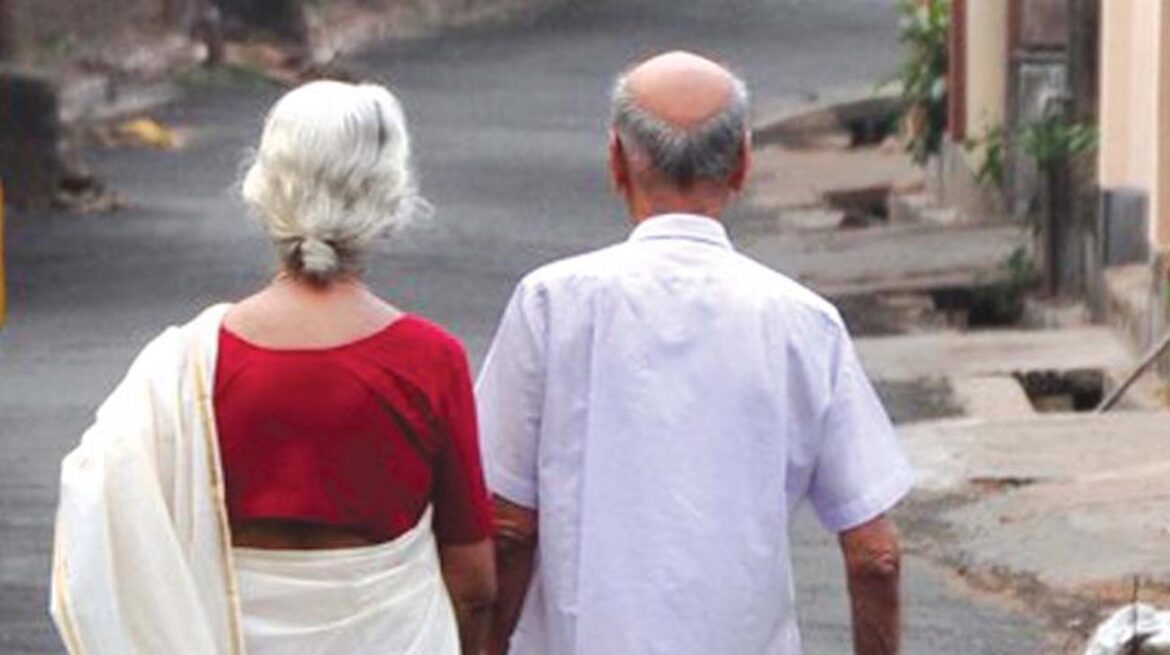Central Govt Employees Entitled to 30-Day Leave for Elderly Parent Care
For millions of Central government employees across India, a recent clarification from Union Minister of State for Personnel Jitendra Singh brings a sense of relief—and perhaps a sigh of gratitude. On Thursday, while addressing a query in the Rajya Sabha during the Monsoon Session of Parliament, Singh reaffirmed that employees are entitled to up to 30 days of leave annually that can be used for personal responsibilities, including taking care of elderly parents.
It’s one of those announcements that doesn’t immediately go viral but quietly touches everyday lives. Think about it: managing a demanding job and tending to aging parents isn’t easy. And now, there’s a clear signal from the top that acknowledges this very real struggle.
What Was Said in Parliament
“The Central Civil Services (Leave) Rules, 1972 provides for 30 days of earned leave, 20 days of half pay leave, eight days of casual leave and two days of restricted holiday per annum, apart from other eligible leaves to a Central government employee, which can be availed for any personal reasons, including that of taking care of elderly parents,” Singh stated in a written reply, as reported by PTI.
So, in essence, no new rule has been drafted. Instead, this is a reaffirmation of the structure already in place, often lost in the bureaucratic language of outdated rulebooks. It’s a reassurance—yes, formal leave to support elderly caregiving is allowed within the scope of existing provisions.
The Central Civil Services (Leave) Rules, 1972 Explained
The CCS (Leave) Rules have been around since June 1, 1972. While they dictate the leave policies for most Central government employees, they make room for several exceptions. For instance, these rules do not apply to:
- Railway employees
- Casual or part-time workers
- Members of the All India Services
- Certain other special employment categories (11 in total)
Those falling under these excluded categories are governed by different leave regulations. But for the majority, the 1972 Leave Rules serve as the foundation.
Types of Leave Available
Here’s a quick breakdown of the various types of leave covered under the rules:
- Earned leave: Credited twice a year, this forms the primary leave bank for employees.
- Half pay leave: 20 days annually, generally used when earned leave is exhausted or for medical reasons.
- Commuted leave: Conversion of half pay leave into full pay in specific conditions.
- Leave not due: Advance leave governed by strict rules, mostly for medical or compassionate reasons.
- Extraordinary leave: Unpaid leave under certain situations.
- Maternity/paternity leave: Applicable under predefined durations and qualifications.
- Child care leave: For women and single male employees, to care for minor children.
- Study leave: Granted for educational purposes.
- Disability and medical-based special leave: Covers employees hurt on duty or suffering from severe ailments.
The structure gives enough flexibility for staff to manage varied life situations. Caregiving for aged parents is now being explicitly mentioned as one such valid personal reason, adding clarity to what was probably implied all along.
Timeline of Events and Parliamentary Discussion
This development didn’t come out of nowhere. The question was raised in the Upper House on Day 4 of the Monsoon Session. A Member of Parliament sought clarity on whether Central government staff could take leave to look after aged parents. That prompted Jitendra Singh to outline, once again, the allowances under the Civil Services Leave Rules.
While no new policy is being rolled out, the timing of this discussion is telling. With India’s working population shifting and age demographics showing a surge in elderly citizens relying on adult children, the query from MPs aligns with a pressing societal issue.
Official Reactions
There hasn’t been a flood of official responses yet. Government departments tend to align with the central policies tacitly, without announcing sweeping internal changes. But for staff in ministries, administrative offices, and field units, the reassurance felt tangible.
You can almost hear the hallway conversations: “So, it’s official now—we don’t have to feel guilty using earned leave for parents.” These minor validations can make a big difference on the ground.
Community Response and Employee Concerns
Shortly after the news surfaced, threads on forums for government workers lit up. One user posted, “It’s a good reminder that we must use the benefits available. Many of us skip leave fearing backlog or appraisal loss.” Another chimed in, “Wish this was better communicated within departments. Not everyone knows what they’re entitled to.”
Many welcomed the reiterated policy as a step toward recognizing caregiving as valid labor. While some felt this was just the government stating what’s already in the book, the formal reminder helped remove ambiguity.
Others hoped this would nudge supervisory officers to be more empathetic or at least less suspicious when a subordinate files for time off to tend an elderly parent.
What’s Next?
Nothing immediate, from a legal standpoint. But socially? Perhaps a shift. When a minister spells out the words “taking care of elderly parents” as part of valid leave, it sends a message. That caregiving is not some side obligation folks do in secret. It’s real, tiresome, emotional work—and it matters.
In the future, one might hope the government considers more inclusive policies—maybe a specific caregiving leave category like child care leave. For now, earned leave and half pay leave do cover the needs. Yet intent matters. Clarity helps. And this week, both were offered.
For government employees juggling work, aging parents, and their own physical and mental health, even small reminders like this reinforce their importance not just as staff but as human beings with complex lives and responsibilities.
You may want to check your leave balance. Maybe reschedule that long-postponed visit to your parents. If you needed a sign—well, this is it.

